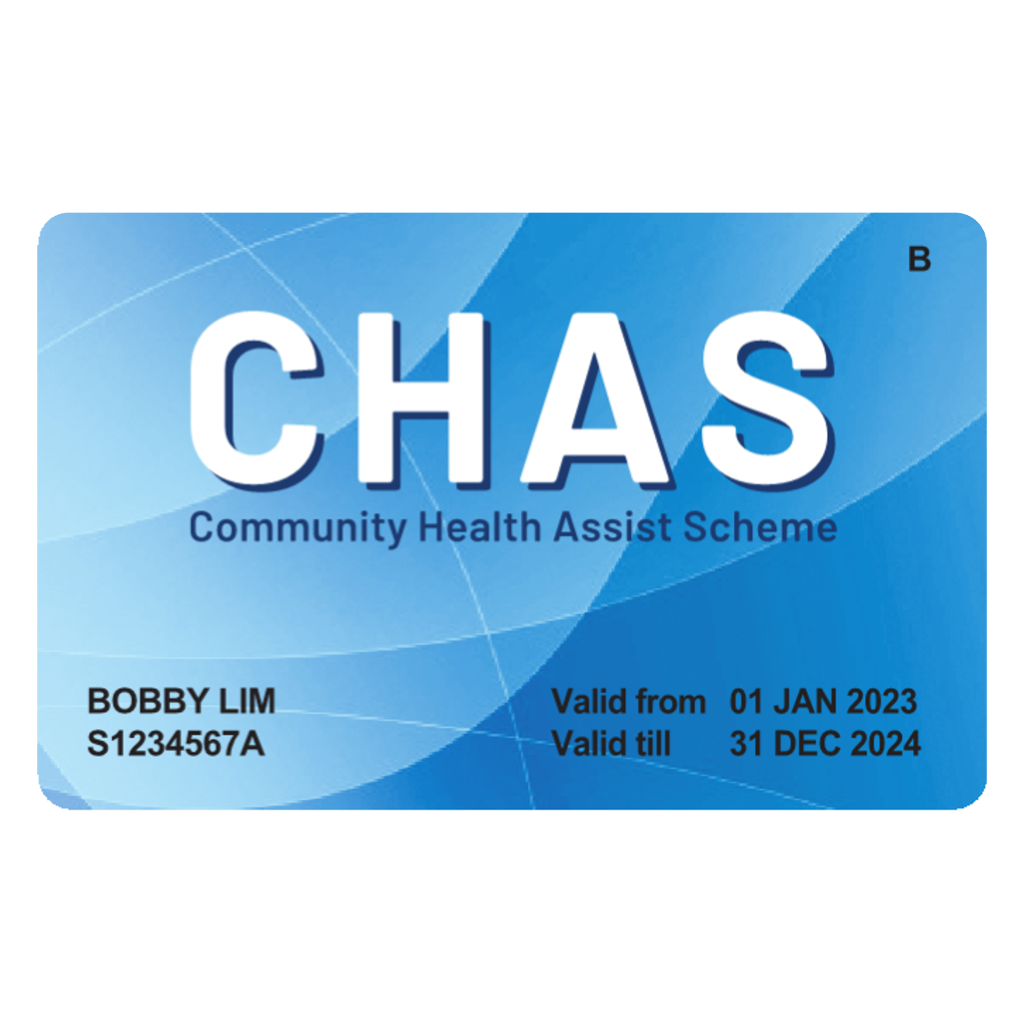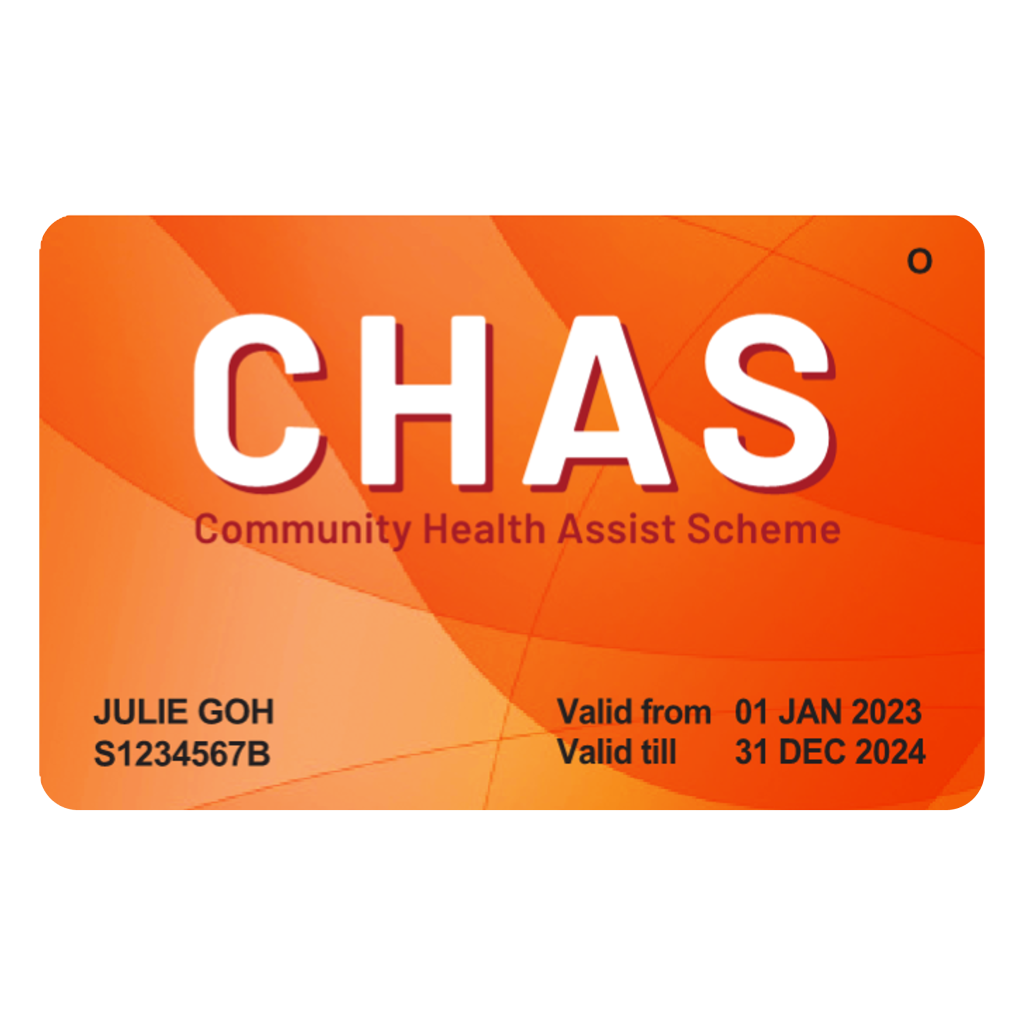
appliances, and effective pain management techniques may provide the relief you need without an invasive procedure. This article will explore wisdom tooth pain and the alternatives to surgery that could work for you as you wait for your proper procedures.
Note: These are common methods used to relieve pain, and and does not constitute medical advice from Maple Dental.
Table of Contents
What Is Wisdom Tooth Pain?
Impacted Wisdom Teeth
Infection
Home Remedies for Wisdom Tooth Pain Relief
When to See a Dentist for Wisdom Teeth Pain
Wisdom Tooth Extraction: Is Surgery Necessary?
Conclusion
What Is Wisdom Tooth Pain?
Wisdom tooth pain occurs when your wisdom teeth start emerging from your gums, usually between the ages of 17 and 25. As wisdom teeth develop, the gums become swollen and sore. If the wisdom teeth become impacted, meaning they are unable to fully emerge, it can lead to pain, infection, and damage to nearby teeth.
Impacted Wisdom Teeth
Impacted wisdom teeth are unable to break through the gums because there is not enough room for them to emerge or they are angled incorrectly. The impacted tooth pushes on the surrounding teeth and gums, causing pain, swelling, and infection. You may experience throbbing pain in the gums, jaw ache, difficulty opening your mouth, and bad breath. An X-ray can confirm if you have impacted wisdom teeth that require removal.
Infection
If food particles become trapped under the gums of emerging or impacted wisdom teeth, it can lead to infection. Signs of infection include swollen gums, pain, bad taste in the mouth, fever, and swollen lymph nodes under the chin. An infection requires antibiotic treatment and may need to be drained before wisdom tooth removal can be performed.
While wisdom tooth pain can often be managed with over-the-counter pain medication, impacted or infected wisdom teeth generally require removal by an oral surgeon to prevent damage to surrounding teeth and relieve symptoms. Extraction also eliminates the possibility of future problems related to wisdom teeth that have only partially emerged.
Home Remedies for Wisdom Tooth Pain Relief
Applying Ice Packs
Applying ice packs to your jaw can help reduce inflammation in the area and numb the pain. Ice packs should be applied for 15-20 minutes at a time, 3-4 times a day. Be sure to wrap the ice pack in a towel to avoid irritation to your skin. The cooling effect can provide significant relief from wisdom tooth pain.
Clove Oil
Clove oil contains eugenol, a natural anaesthetic that can help lessen wisdom tooth pain. Soak a cotton ball in clove essential oil and place it on your sore wisdom tooth. You can also place a few whole cloves in your mouth near the sore area. The oil will slowly release and numb the area. Clove oil may cause skin irritation for some, so do a patch test on your arm first and never ingest the oil.
Saltwater Rinses
Saltwater rinses can help reduce inflammation and clean the area around an impacted wisdom tooth. Dissolve about 1 teaspoon of salt in a cup of warm, salty water. Gently swish the solution in your mouth, concentrating on the area around your sore wisdom tooth. The saltwater helps reduce swelling and flush out any debris that may be caught around the tooth. Repeat as needed to continue relieving your pain.
With diligent at-home care, you may be able to find relief from wisdom tooth pain without undergoing extraction or other dental procedures. However, if your pain is severe or does not improve, you should consult your dentist for an exam and professional treatment. Wisdom tooth pain should not be left untreated.
When to See a Dentist for Wisdom Teeth Pain
Wisdom tooth pain can range from mild discomfort to severe agony. If your wisdom tooth pain does not subside within a few days or is accompanied by problematic symptoms, you should consult your dentist for an evaluation and treatment.
Persistent or worsening pain
If the pain from your erupting or impacted wisdom teeth does not improve over time or is increasing in severity, see your dentist. They can properly assess the situation, determine the cause of your symptoms, and recommend appropriate treatment to relieve your discomfort. Unrelenting pain can interfere with your daily activities and quality of life.
Swelling, redness, or infection
Inflammation in the back of your mouth, where your wisdom teeth are located, requires prompt dental attention. Swelling, redness, or pus around your wisdom teeth can indicate an infection that needs to be treated with antibiotics. Without treatment, the infection can spread and become a dental abscess, which is a painful collection of pus that forms in the gums or teeth.
Difficulty opening your mouth
If your wisdom tooth pain makes it difficult to open your mouth fully or chew and swallow comfortably, consult your dentist right away. This can indicate your wisdom teeth are impacted or coming in at an angle, crowding your other teeth. Your dentist will need to evaluate if extraction is required to prevent damage to surrounding teeth.
While wisdom teeth pain is common, especially for teeth that have not fully erupted, severe or persistent pain is not normal and should not be ignored. See your dentist if home remedies do not provide relief, or if problematic symptoms develop. They can determine the cause of your discomfort and recommend appropriate treatment so you can get back to normal functioning and enjoying life.
Wisdom Tooth Extraction: Is Surgery Necessary?
Wisdom teeth impact
Wisdom teeth, or the third molars, typically emerge during the late teens or early twenties. These teeth often do not have enough room to grow in properly, causing them to become impacted or misaligned. Impacted wisdom teeth can potentially damage adjacent teeth or cause infections like pericoronitis. For these reasons, wisdom tooth extraction is frequently recommended to avoid future dental issues and maintain optimal oral health.
Risk of infection
Pericoronitis, an infection of the gum tissue surrounding the crown of an impacted wisdom tooth, is one of the most common reasons for wisdom tooth removal. Bacteria can become trapped under the gum flap over an impacted tooth, resulting in swelling, pain, and infection. If left untreated, the infection may spread deeper into the jaw and surrounding tissues. Extraction of the wisdom tooth helps eliminate the source of infection and prevents recurrence.
Preventing damage
When wisdom teeth are impacted, they often grow in at an angle, rather than straight up. The angled tooth can put pressure on and damage the tooth in front of it. Extraction prevents this damage and ensures the adjacent tooth remains healthy. Impacted wisdom teeth can also make it difficult to properly clean your teeth, increasing the risk of tooth decay or gum disease in that area of the mouth.
In summary, wisdom tooth extraction may be recommended to avoid potential infection, prevent damage to adjacent teeth, and support good oral health and hygiene. If your wisdom teeth are impacted or misaligned, consult your dentist to determine if extraction is the appropriate course of treatment in your situation. Removal of wisdom teeth is usually a quick outpatient procedure with minimal recovery time.
Conclusion
Ultimately, the decision of whether or not to undergo wisdom tooth surgery is a highly personal one that requires careful thought. Working closely with your dentist and using some of the simple home remedies discussed here may help you manage pain and avoid extraction. Should you decide surgery is necessary, remember that modern techniques make the procedure relatively quick and painless. With the right information and professional care, you can make the choice that’s right for your health and lifestyle. Moving forward mindfully and listening to your body’s signals will guide you to an outcome that leads to long-term comfort and wellbeing.
If you have any inquiries about maintaining your oral health, don’t hesitate to visit Maple Dental, our trusted dental clinic in Kovan. Your dental care is in the best hands as our experienced dentists will provide you with personalised guidance to ensure that your dental health is at its best.
To find out more about the services Maple Dental provides, click the link below! https://mapledental.sg/services
















